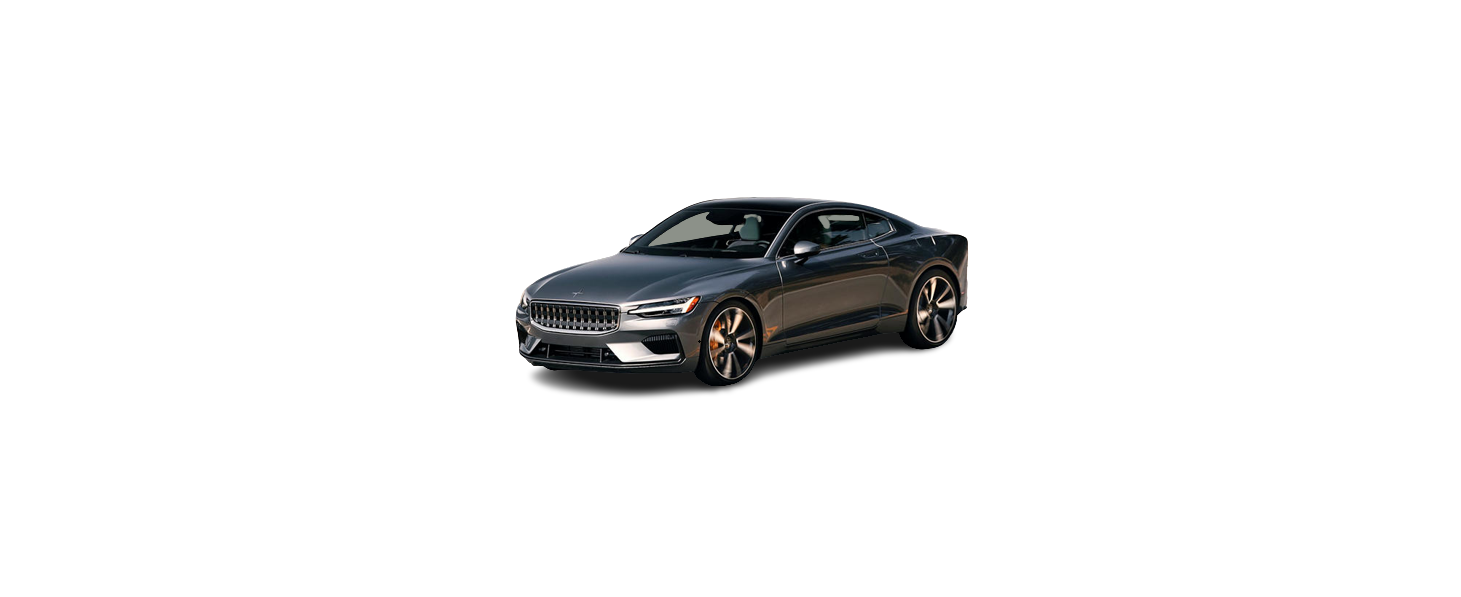2021 Polestar 1 Transmission

All Wheel Drive (AWD)
The two electric motors that drive the rear wheels enable electric all-wheel drive functionality. All-wheel drive reacts differently depending on which drive mode is selected.
Automatic transmission
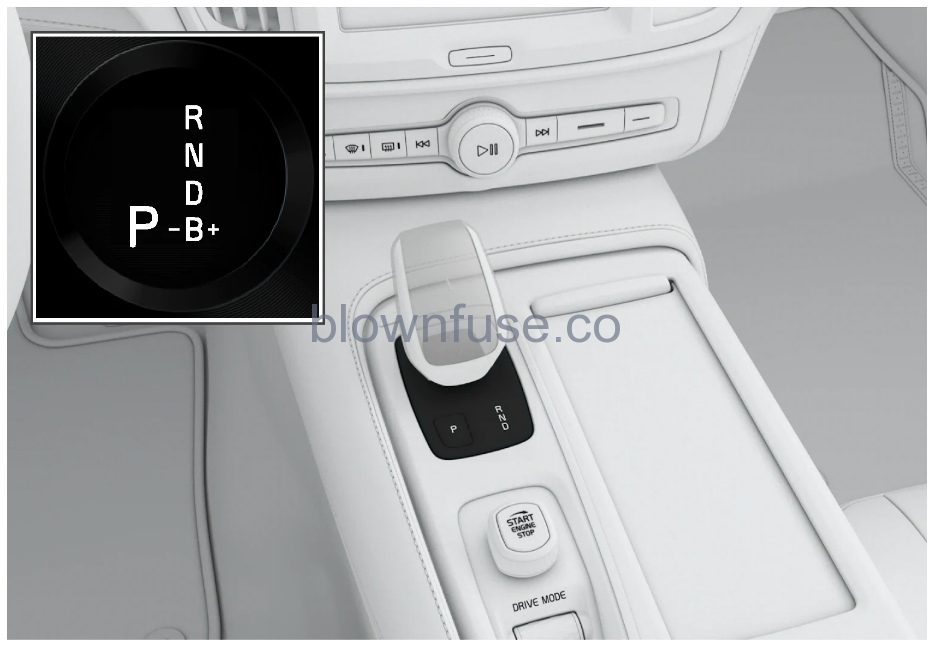
Overview of gear selector and gear shift pattern in the instrument panel
R, N, D or B. P position is electric.
For manual shifting, the gear indicator in the instrument panel displays the gear currently being used.
Check the operating temperature of the transmission to help avoid damage to any of the drive system components. If there is a risk of overheating, a warning symbol will appear in the instrument panel and a text message will be displayed. Follow the recommendations given.
Symbols in the instrument panel
If a problem should occur with the transmission, a symbol and a message will appear in the instrument panel.
| Symbol | Meaning |
|---|---|
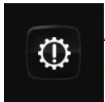 |
A fault has occurred in the transmission.
Read the message in the instrument panel. |
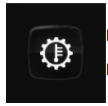 |
Hot or overheated transmission.
Read the message in the instrument panel. |
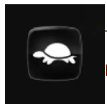 |
Temporary fault in driveline.
Read the message in the instrument panel. |
Gear selector positions
Selecting gears
The gear selector is a shift-by-wire selector, where shifting is done electronically instead of mechanically. This makes shifting easier and the gear positions more distinct.
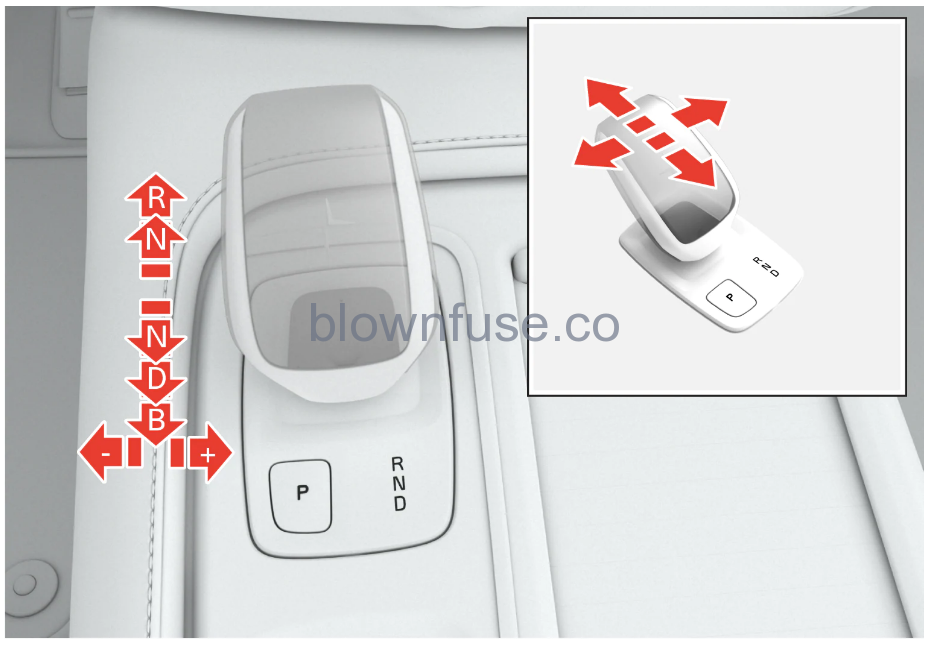
Gear selector and gear selector positions overview.
Change gear position by pushing the spring-loaded gear selector forward or rearward, or to the side for manual shifting.
Park – P
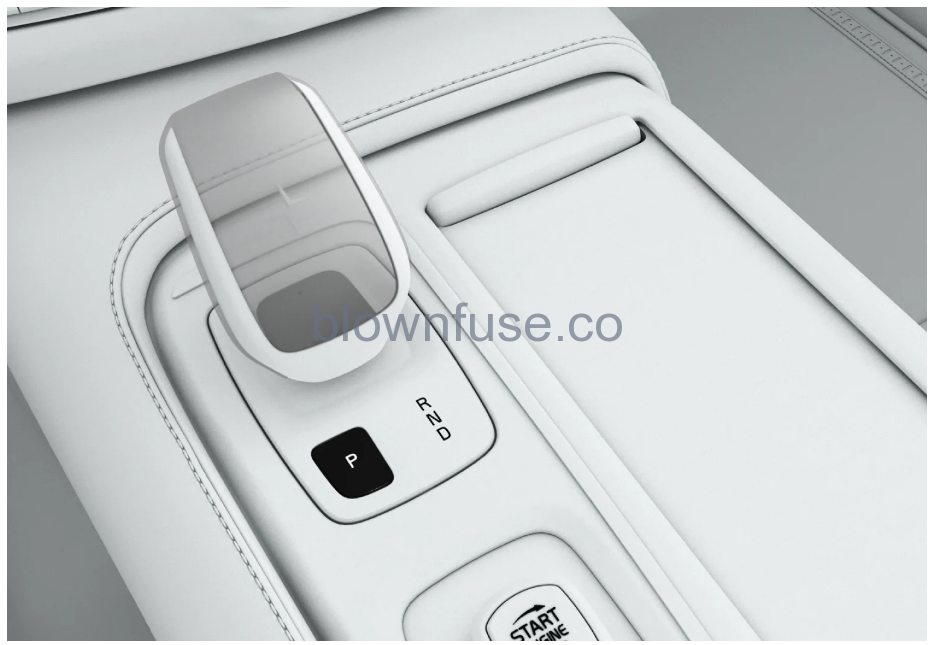
- Gear selector and P position overview
- Park is activated using the P button located next to the gear selector.
- In P mode, the transmission is mechanically locked.
- Select P when the vehicle is parked or when starting the engine. The vehicle must be stationary when Park is selected.
- To move to another gear from Park, the brake pedal must be depressed and the ignition in mode II.
- When parking – apply the parking brake before shifting to Park.
Always apply the parking brake when parking on an incline. Selecting a gear or P position may not be sufficient to keep the vehicle stationary in all situations.
The gear selector must be in position P in order to lock the vehicle and enable the alarm.
Help functions
The system will automatically shift to P
- if the ignition is switched off while D or R is selected.
- if the driver unbuckles the seat belt and opens the driver’s door while the vehicle is running with the gear selector in a gear other than P.
To park a vehicle with an unbuckled seat belt and open door – end P mode by shifting to R or D again.
The system will not automatically shift to P if the ignition is switched off while the gear selector is in the neutral position (N). This is to make it possible to wash the vehicle in an automatic car wash in which the vehicle is pulled forward on rolling wheels.
Reverse – R
Select R when backing up. The vehicle must be stationary when Reverse is selected.
Neutral – N
No gear is selected and the engine can be started. Apply the parking brake if the vehicle is stationary with the gear selector in N.
To move the gear selector from N to another gear, the brake pedal must be depressed and the ignition in mode II.
D drive mode
D is the normal driving gear position. The transmission shifts up or down automatically depending on acceleration and speed.
The vehicle must be stationary when the gear selector is moved from R to D.
Brake – B
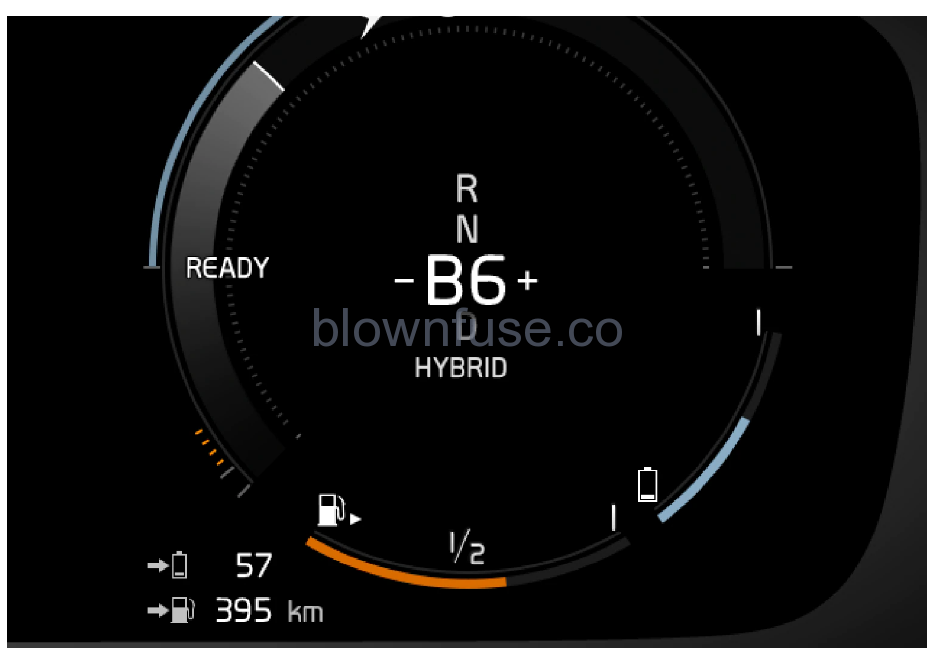
Brake position overview B in instrument panel.
From the B position, it is possible to shift manually. B can be selected at any time while driving. When the accelerator pedal is released, the electric motor brakes the vehicle and the hybrid battery is recharged at the same time. This offers additional opportunities to recharge the hybrid battery, since the battery is charged even when the brake pedal is not depressed.
Select the brake position by moving to the side from position D. The currently selected gear will be displayed in the instrument panel.
- Push the gear selector to the right toward “+” (plus) and release to shift up one gear.
- Push the gear selector to the left toward “–” (minus) and release to shift down one gear.
- Push the gear selector rearward to return to D mode.
For smooth shifting and engine performance, the transmission will shift down automatically if the vehicle’s speed becomes too low for the selected gear.
Shiftlock
Automatic shiftlock
The automatic shiftlock has a separate safety system.
From Park – P
To move to another gear from P (Park), the brake pedal must be depressed and the ignition in mode II.
From Neutral – N
If the gear selector is in N and the vehicle has been stationary for at least 3 seconds (with or without the engine running), the gear selector will be locked in that position.
To move the gear selector from N to another gear, the brake pedal must be depressed and the ignition in mode II.
Messages in the instrument panel
If the gear selector is locked in position, a message will appear in the instrument panel, e.g. Gear lever press brake pedal to activate gear lever.
There is no mechanical shiftlock function.
The kick-down function
- Kickdown can be used when maximum acceleration is needed, e.g. when passing.
- When the accelerator pedal is depressed all the way to the floor (past the normal full accelerator position), the transmission will automatically engage kick down, i.e. immediately shift down to a lower gear.
- If the accelerator pedal is released from the kick-down position, the transmission will automatically shift up again.
Safety function
- The transmission control module is equipped with a downshift protection feature to help prevent the engine from overheating.
- In some conditions, the transmission will prevent downshifting/kick down if this would lead to such high engine speed (rpm) that the engine could be damaged. If the driver still attempts downshifting or kick down at a high rpm, nothing will happen and the original gear will remain selected.
- With kick down, the vehicle can downshift one or more steps at a time depending on the engine speed. The vehicle upshifts when the engine reaches its maximum rpm to prevent engine damage.
Transmission
- The transmission is part of the vehicle’s driveline (power transmission) between the engine and the drive wheels. The function of the transmission is to change gears depending on speed and power needs.
- The vehicle has 8-speed automatic transmission and two electric motors for rear-wheel drive. The number of gears allows the motors’ torque and power band to be effectively utilized. Two of the gears are overdrive gears that save fuel when driving at a constant engine speed. The gear selector or the steering wheel paddles can be used to shift up or down manually. The instrument panel shows the gear currently in use.
Using the steering wheel paddles to shift
The function is available in position D or B.
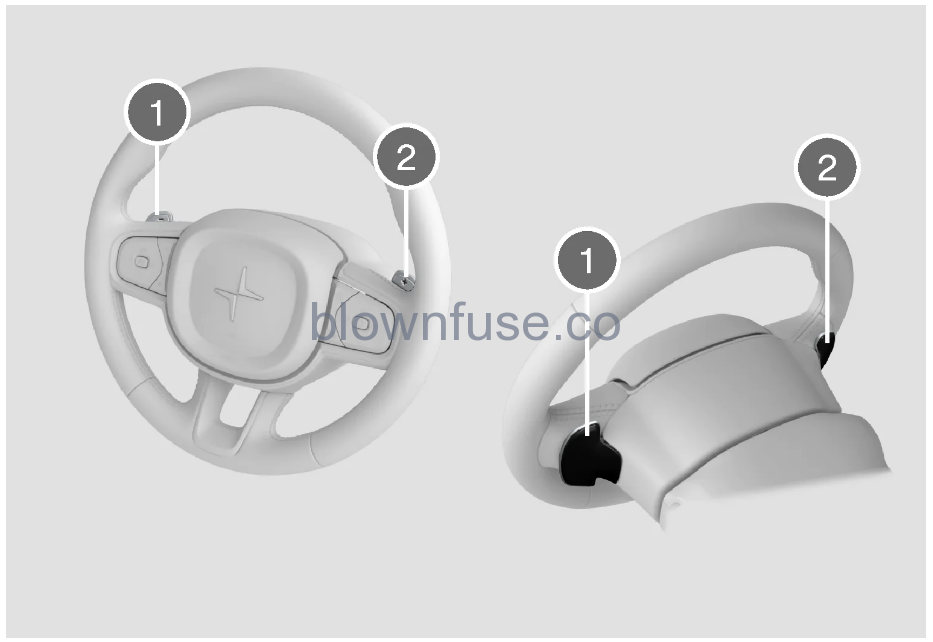
- “–“: Shift down one gear.
- “+“: Shift up one gear.
Change
To shift:
- Pull one of the paddles toward the steering wheel and then release.
As long as the engine speed (rpm) is within the permissible range for the selected gear, a gear shift will take place each time a paddle is pulled. The current gear will be displayed in the instrument panel.
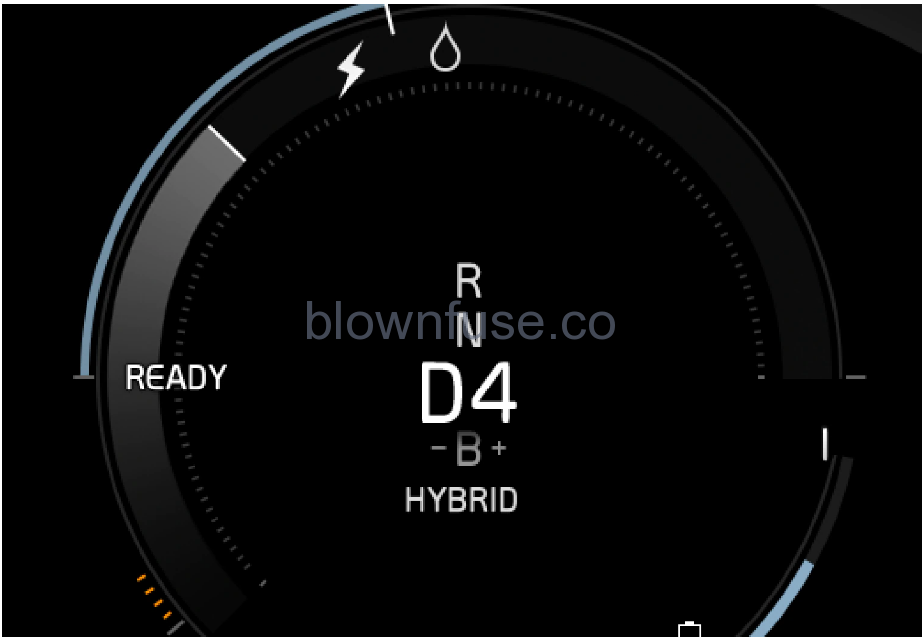
Instrument panel when the paddles are activated for shifting.
Activating the steering wheel paddles in the D position
To be able to shift gears using the paddles, they must be activated:
- Pull one of the paddles toward the steering wheel.
> A number in the instrument panel indicates the current gear being used.
Turning off the steering wheel paddles in the D position
Manual deactivation
- Pull the right paddle (+) toward the steering wheel and hold it there until the number in the instrument panel goes out.
> The transmission will return to the D position.
Automatic deactivationThe steering wheel paddles will switch off after a short time if they are not being used. The number of the current gear will no longer be displayed in the instrument panel.
